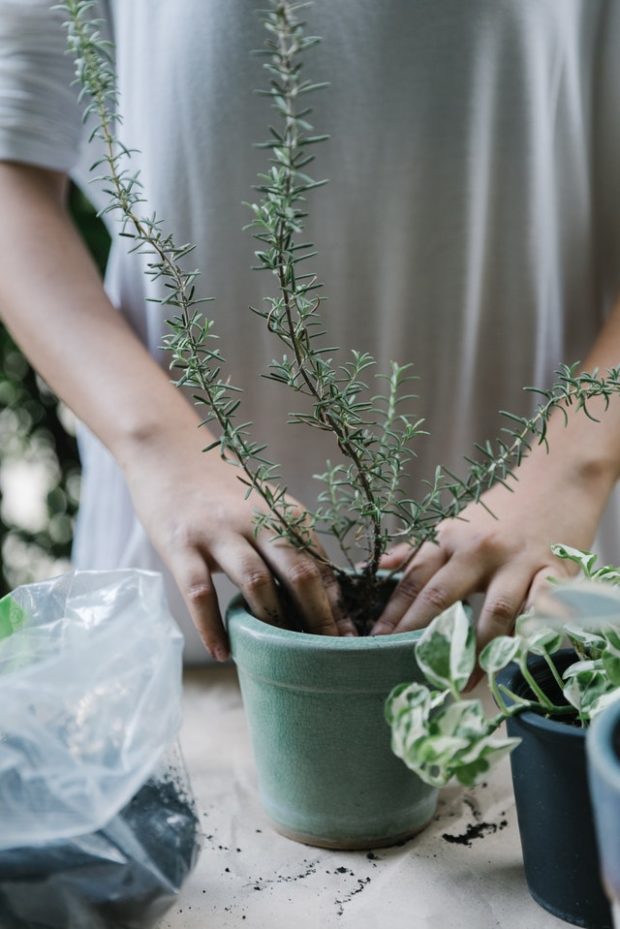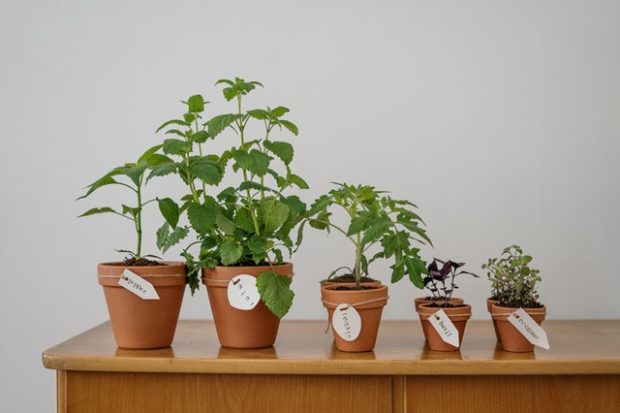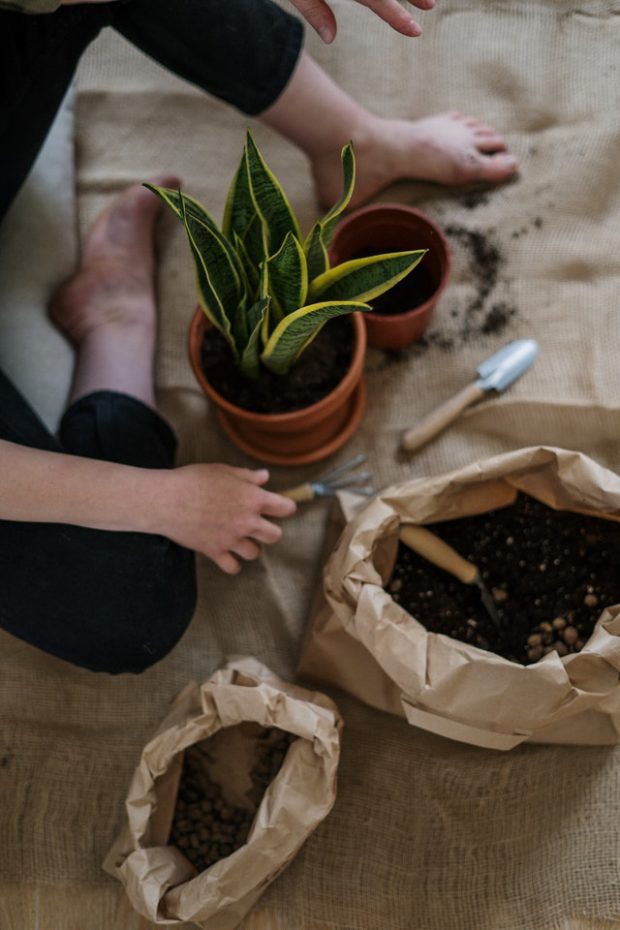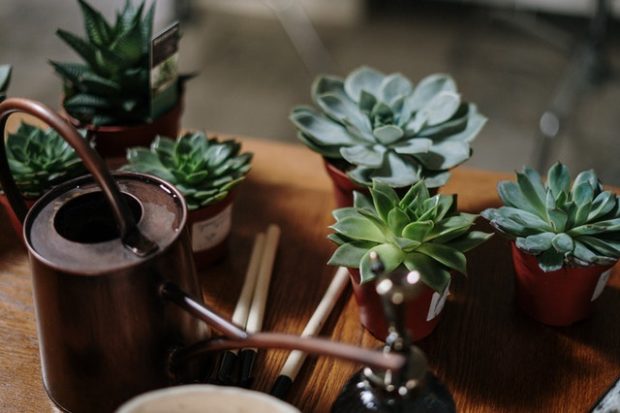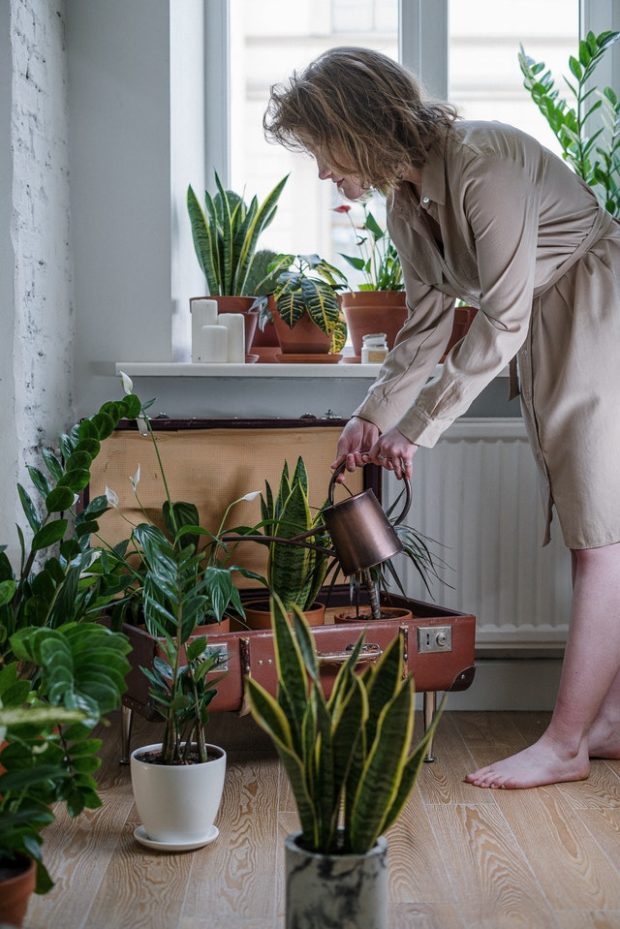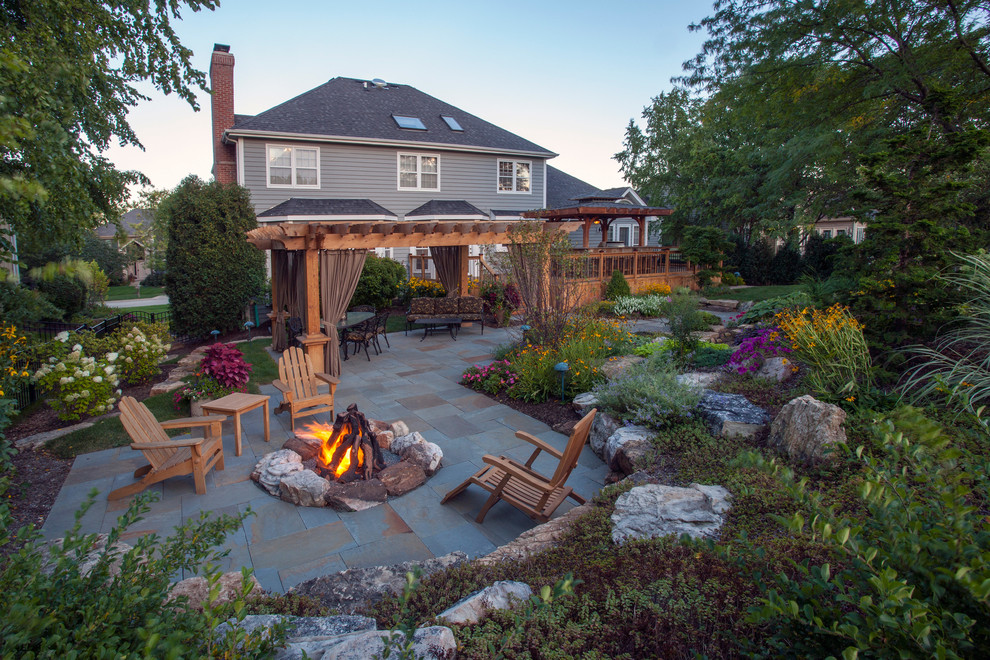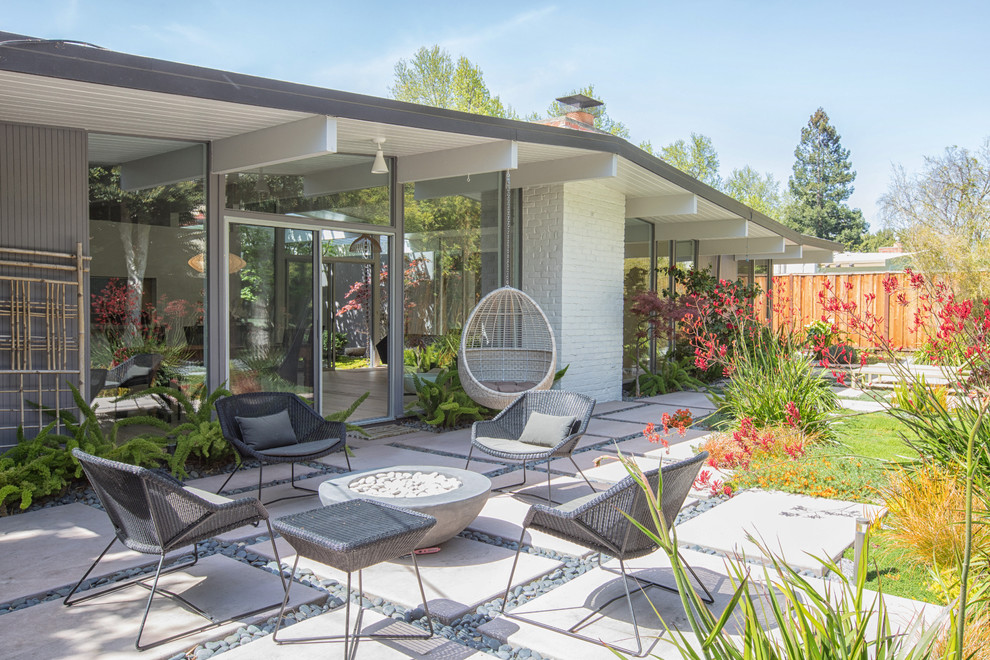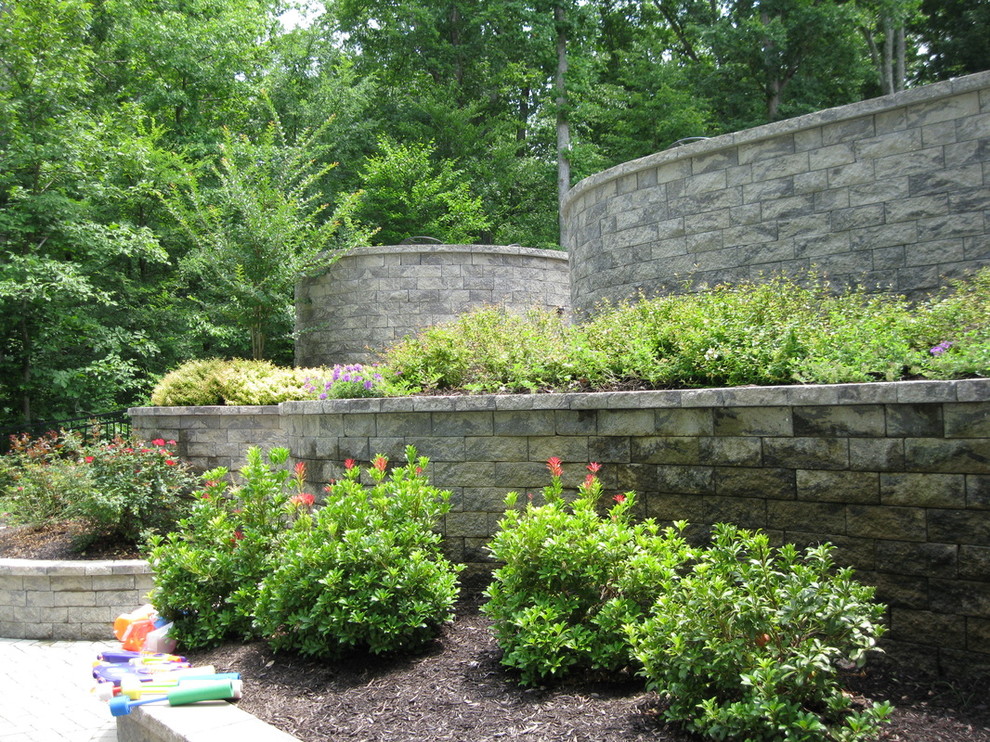There’s a newfound hype for indoor home or condo gardening, and for good reasons. Community lockdowns due to COVID-19 have prevented people from going out, so they use their idle time at home on activities that could keep them pre-occupied and take their mind off alarming news about the coronavirus.
Indoor Gardening: An Antidote to Mental Health Concerns
When people are faced with uncertainties or challenges, the normal response is to have feelings of fear and distress. Not surprisingly, the COVID-19 outbreak has made mental health a major concern for 23%, 28%, and 38% of people in Germany, the United States, and the United Kingdom, respectively.
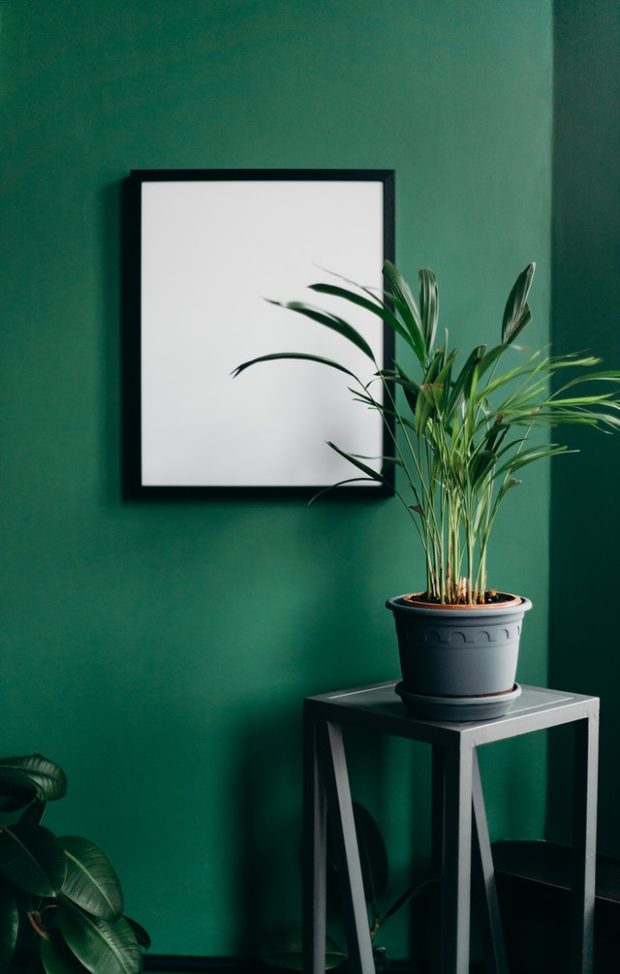
To cope with the stress brought about by the pandemic, more and more people have been turning to gardening as a way to combat boredom and anxiety during the lockdown and improving one’s mental health.
Perhaps it’s the simple joys of seeing the plant grow, the special role of plants in removing toxins and other impurities from the air, or the sense of accomplishment from building an eco-friendly home during these extraordinarily trying times—any of these things about indoor gardening can give you a well-needed break to stay mentally healthy.
Essential Steps to Starting an Indoor Gardening Hobby
Follow these steps and start building your garden indoors.
1. Determine the kind of indoor garden you want to build
Do you want a soil-based or hydroponic indoor garden? The first one is the more traditional and the more popular method of gardening wherein your plants grow in pots filled with soil. The second one involves growing plants without using soil but by submerging them in oxygenated nutrient-rich solutions.
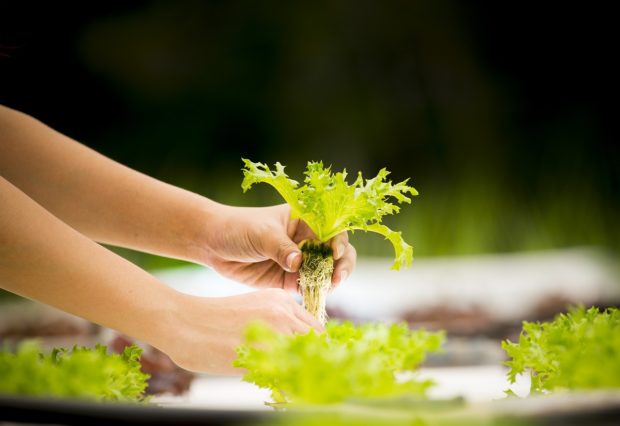
Both methods of indoor gardening can boost your mental health as you engage in physical exercise while tending to your plant babies, so ultimately your choice may depend on other key factors like budget, maintenance, and availability of space.
2. Choose a location for your indoor garden
Speaking of space availability, you need an area where your greens can get enough light and proper ventilation. A good rule of thumb is to let your plants sit where the light isn’t that hot or intense since this can be harmful to plants. In addition, be careful not to expose your plants to drafts of hot air coming from heating vents or cold air from your air conditioner.
3. Have the right containers to grow your houseplants
When it comes to growing plants, not all containers will make the cut. If you’re using your indoor garden to grow herbs and vegetables, you’ll need to learn some microfarming 101, which includes knowing the right type of container for every type of vegetation you have.
For example, small varieties of tomatoes and peppers grow best in 1- to 2-gallon pots, while the larger ones will need to be planted in 3- to 5-gallon containers. It’s best to have separate containers for your large vegetable plants.
For small greens or root crops, have enough room for them to grow and reach their full size within a large container.
When it comes to the material of the pot, a suitable type is those made from plastic since this material is light and can hold moisture for a long time.
Pro tip: Pick containers with drainage holes to prevent the soil from holding too much water. Place them on trays lined up with pebbles, so the pots are in an elevated position above any excess water that drips onto the tray.
4. Use quality soil
The soil that you have in your backyard or lawn may not be the best type to put your plants in. Go for high-quality soil that is enriched with organic compost, peat, or coconut shell fibers to retain moisture as well as minerals like vermiculite and perlite that are designed to drain excess moisture properly.
Check with your soil supplier if the potting mix you’re using contains fertilizers, and if so, how often you need to load up on them again.
5. Know how much water your garden needs
We’ve all learned in science class that water is one of the most essential nutrients for plants, but don’t overlook the need to know precisely how much water they need. The general rule is to be more generous if your indoor garden is in a warm or sunny location with low humidity levels. Watch out for when the top part of the soil starts to get dry, which should be a signal that it’s time for you to pour water into it.
Pro tip: If your plants are showing brown leaf tips from getting bathed in tap water, try switching to filtered water.
Gardening Indoors
Indoor gardening is fun, simple, and easy, not to mention good for your mental health. If you haven’t already built an indoor garden, this may be a good time to get started to keep yourself busy and your home looking as beautiful as ever.
About the Author
Michael Hill is the Marketing Manager at Ayala Land International. He believes that everyday is a chance to learn something new. On his free time, he writes about home improvement, personal finance, and lifestyle articles while listening to soul and jazz music.

